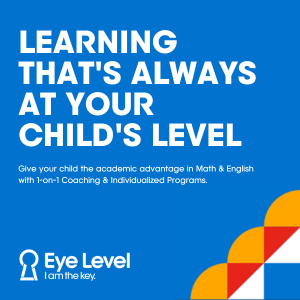
WHAT IS AUTISM?
Autism is a complex developmental disability resulting from a neurological disorder effecting normal brain function. It affects the development of the individual’s communication and social interaction skills. It presents in the first three years of life and has a genetic link.
WHAT CAUSES AUTISM?
What the research indicates:
- there is no one cause of autism – it is usually a combination of gene mutations (which increase the risk of developing autism) and environmental factors
- when autism risk genes are present, the following environmental factors further increase the risk of developing autism:
- older parents, especially older fathers
- when Mum is sick during the pregnancy
-
- difficulties during birth (particularly those that involve oxygen deprivation to the baby’s brain)
- air traffic pollution during pregnancy
- family history of bipolar disorder or schizophrenia
Just as there are factors that increase the risk of developing autism, there is research to suggest that autism risk can be reduced by prenatal vitamins containing folic acid taken in the months before and after conception. (JAMA – February 2013)
SIGNS OF AUTISM

A definitive diagnosis of autism is usually only made around 18 to 24 months, but you can observe signs in a child as early as 8 to 12 months old. What to look for:
- No big smiles or other warm, joyful expressions by six months or thereafter
- No back-and-forth sharing of sounds, smiles or other facial expressions by nine months
- No babbling by 12 months
- No back-and-forth gestures such as pointing, showing, reaching or waving by 12 months
- No words by 16 months
- No meaningful, two-word phrases (not including imitating or repeating) by 24 months
- Any loss of speech, babbling or social skills at any age
You can also take the M-Chat to help you decide if you need to see a specialist about your child. The general rule is that the earlier your child is diagnosed, the better your chances are for improving your child’s outcomes.
DEBUNKING THE MYTHS ABOUT AUTISM
It is a fallacy that autistic individuals have no feelings – THIS IS NOT TRUE! Autistic individuals feel emotion like any other person – they just do not express them in the same way that most people do. Although a number of children with autism do not like being hugged or touched like most children generally do, not all are like that. They can hug relatives and derive great enjoyment from the contact. The important thing is to make sure the child is prepared for contact. Not all individuals with autism are savants who have an incredible talent for numbers, art or music, but a sizeable proportion do have high IQs and a unique talent for computer science.
MANAGING CHILDREN WITH AUTISM

- Behaviour strategies for individuals with ASD
THE RISKS OF NOT TREATING A CHILD WITH AUTISM
What happens to the child with ASD who is not treated? Depending on severity, undetected or untreated autism may lead to:
- Daily routine functioning and self-care at a low level
- Cognitive and language limitations
- Problems with school adjustment
- Poor social relationships
- Inability to live independently
GETTING HELP FOR YOUR CHILD
 Autism Speaks is a great website for finding information on Autism. For support groups and organisations that help families and individuals with ASD in Malaysia, you can start here:
Autism Speaks is a great website for finding information on Autism. For support groups and organisations that help families and individuals with ASD in Malaysia, you can start here:
- Early Autism Project provides individualized intervention treatment programs for people on the autism spectrum.
- Hua Ming is a non-profit organization focusing on providing special education, training and therapy for autistic children, as well as counseling to their parents.
- Autism Link provides comprehensive Applied Behavior Analysis (ABA) therapy to individuals with ASD.














![[elc International School] NO SHORTCUTS: WHY THINKING STILL MATTERS](https://mint-edm.sgp1.digitaloceanspaces.com/production/XTvbqZxxQQxUHjyDcClxCortA5SxNs.png)




















